Oh, What a Blow That Phantom Gave Me! (2003)
Gênero : Documentário
Runtime : 0M
Director : John M. Bishop, Harald Prins
Sinopse
Documentary about Edmund Carpenter's work on media ecology and anthropology. Named for a title of his most famous work.
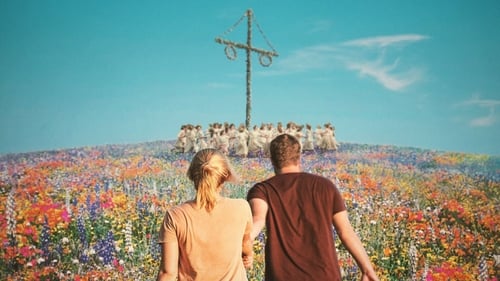
Dani e Christian formam um jovem casal americano com um relacionamento prestes a desmoronar. Mas depois que uma tragédia familiar os mantém juntos, Dani, que está de luto, convida-se para se juntar a Christian e seus amigos em uma viagem para um festival de verão único em uma remota vila sueca. O que começa como férias despreocupadas de verão em uma terra de luz eterna toma um rumo sinistro quando os moradores do vilarejo convidam o grupo a participar de festividades que tornam o paraíso pastoral cada vez mais preocupante e visceralmente perturbador.
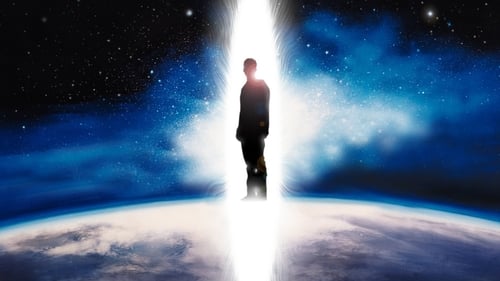
A obra se concentra no misterioso comportamento de John Oldman (David Lee Smith), um professor acadêmico que a cada dez anos muda de contexto, deixando tudo para trás. Cansado de guardar esse misterioso segredo, antes de partir, convida seus colegas de academia para uma reunião em sua casa onde irá revelar pela primeira vez o que está por trás desse comportamento obscuro.
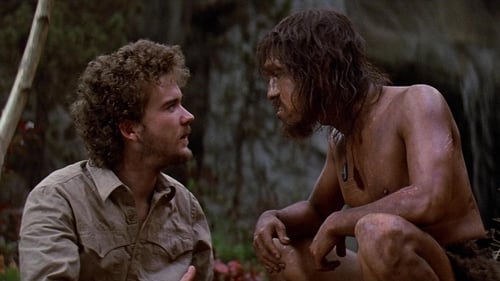
A team of Arctic researchers find a 40,000 year-old man frozen in ice and bring him back to life. Anthropologist Dr. Stanley Shephard wants to befriend the Iceman and learn about the man's past while Dr. Diane Brady and her surgical team want to discover the secret that will allow man to live in a frozen state.
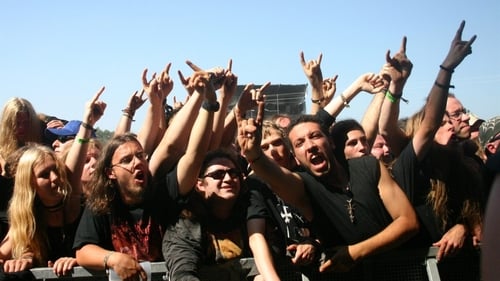
Metal: Uma Jornada pelo Mundo do Heavy Metal ou Metal: A Headbanger's Journey (em língua inglesa) é um documentário de 2005 dirigido por Sam Dunn com Scot McFadyen e Jessica Wise. O documentário apresenta o antropólogo canadense Sam Dunn de 31 anos, que se tornou fã do heavy metal aos 12 anos, em jornada pelo mundo obtendo as mais diversas opiniões e perspectivas sobre o gênero musical conhecido por heavy metal, incluindo as suas origens, temáticas, estéticas, controvérsias, bem como as razões pelas quais tanto é admirado e amado pelas mais diversas pessoas. O documentário estreou em 2005 no Festival Internacional de Toronto e foi lançado em uma edição dupla em DVD nos Estados Unidos em 19 de Setembro de 2006. Em 2008 uma continuação do documentário foi produzida e intitulada por Global Metal.
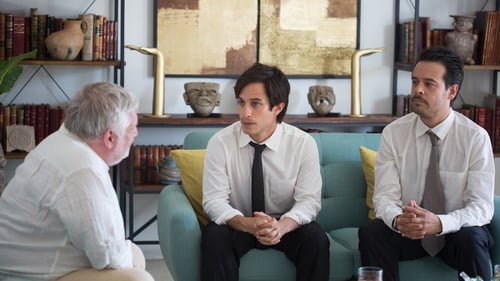
Um filme que retrata o histórico roubo de 100 peças do patrimônio arqueológico do país há 33 anos.
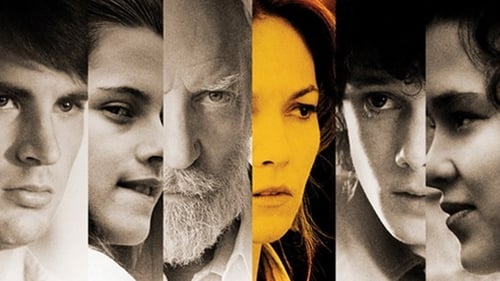
Finn Earl (Anton Yelchin) é um jovem de 16 anos que deseja passar o verão com seu pai, um antropólogo que está numa tribo de índios na América do Sul. Ao tentar ajudar sua mãe, Liz (Diane Lane), que é dependente de drogas, Finn é preso. Para tentar reorganizar sua vida Liz decide se mudar para a casa de campo de Ogden C. Orborne (Donald Sutherland), um milionário que foi seu cliente tempos atrás. Lá Finn se apaixona pela neta de Ogden e, aos poucos, recupera a confiança na mãe.

James Krippendorf é um professor de antropologia viúvo, que tinha recebido uma verba para encontrar a última tribo da Nova Guiné. James fracassa em seu projeto e, com a morte da esposa, que o deixou muito abatido além de ter agora três crianças para cuidar sozinho, acaba gastando todo o dinheiro. Ao invés de admitir que fracassou, ele relata que encontrou a tribo perdida dos "Shelmikedmu". Assim ele se vê obrigado a fantasiar sua família como se fossem membros desta tribo desconhecida e filmá-los como prova de sua "descoberta".

An exploration of the heavy metal scene in Los Angeles, with particular emphasis on glam metal. It features concert footage and interviews of legendary heavy metal and hard rock bands and artists such as Aerosmith, Alice Cooper, Kiss, Megadeth, Motörhead, Ozzy Osbourne and W.A.S.P..
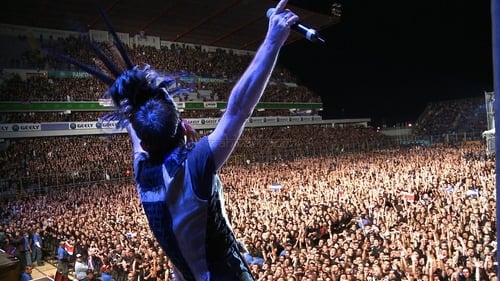
Global Metal é um documentário dirigido por Sam Dunn e Scot McFadyen que mostra o impacto da globalização sobre o heavy metal e como as culturas de diversos países estão transformando o heavy metal. É uma continuação do documentário Metal: A Headbanger's Journey. Global Metal teve espaço no Festival Internacional de Cinema de Bergen em 17 de outubro de 2007. O documentário mostra como o heavy metal atinge os jovens que crescem em culturas tão diferentes. As filmagens foram feitas em países asiáticos, no oriente médio e américa do sul. Há cenas do filme gravadas inclusive no Brasil.
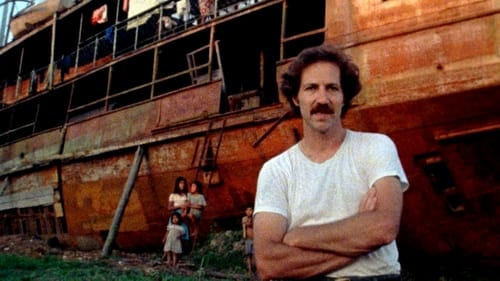
The Amazon rain forest, 1979. The crew of Fitzcarraldo (1982), a film directed by German director Werner Herzog, soon finds itself with problems related to casting, tribal struggles and accidents, among many other setbacks; but nothing compared to dragging a huge steamboat up a mountain, while Herzog embraces the path of a certain madness to make his vision come true.
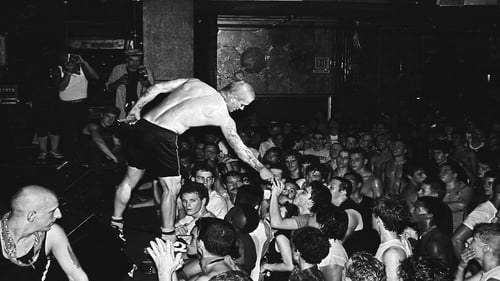
Inspired by Steven Blush's book "American Hardcore: A tribal history" Paul Rachman's feature documentary debut is a chronicle of the underground hardcore punk years from 1979 to 1986. Interviews and rare live footage from artists such as Black Flag, Bad Brains, Minor Threat, SS Decontrol and the Dead Kennedys.

What happens when western anthropologists descend on the Amazon and make one of the last unacculturated tribes in existence, the Yanomami, the most exhaustively filmed and studied tribe on the planet? Despite their "do no harm" creed and scientific aims, the small army of anthropologists that has studied the Yanomami since the 1960s has wreaked havoc among the tribe - and sparked a war within the anthropology community itself.
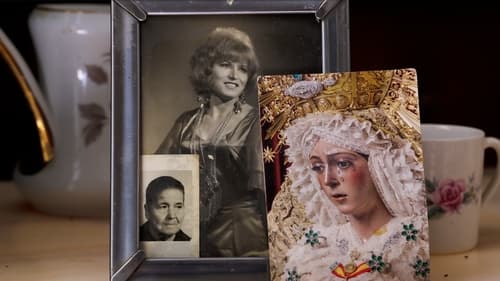
Religious-based images and traditions permeate the lives of all the people who inhabit Seville. Historically, the city's mariquitas ("sissies") have also assimilated them in their childhood and, through them, have been creating their own encounter spaces and their own codes. Nowadays, new dissident identities continue to respond to them: they participate or distance themselves, they continue what exists or transform it. This film looks at these traditions from a perspective always relegated to the margins.
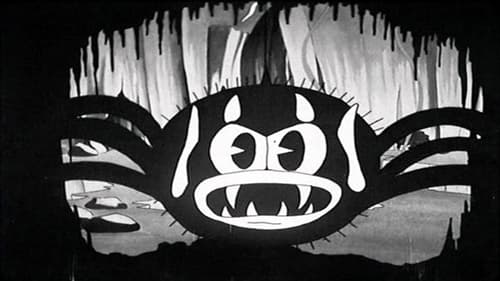
Os demoniozinhos do inferno tocam música para Satã, cujo prazer se torna ira quando um demônio insubordinado se recusa a se tornar comida para Cérbero.

Short documentary ordered by the magazine "Présence Africaine". From the question "Why is the african in the Human museum while Greek or Egyptian art are in Le Louvre?", the two directors expose and criticise the lack of consideration for African art. The film was censored in France for eight years because of its anti-colonial perspective.
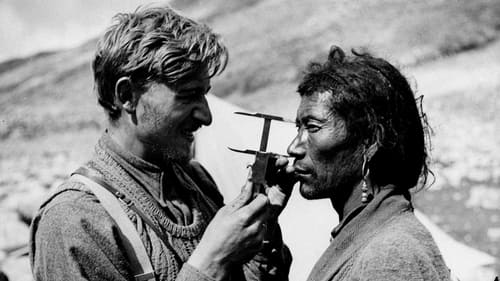
In 1935, German scientists dug for bones; in 1943, they murdered to get them. How the German scientific community supported Nazism, distorted history to legitimize a hideous system and was an accomplice to its unspeakable crimes. The story of the Ahnenerbe, a sinister organization created to rewrite the obscure origins of a nation.

A 2004 documentary on thirty years of alternative rock 'n roll in NYC.Documenting the history from the genuine authenticity of No Wave to the current generation of would be icons and true innovators seeing to represent New York City in the 21st century

Haunted by uncanny similarities between Nazi stage techniques and the showmanship employed by modern entertainers, a filmmaker investigates the dangers of audience manipulation and leader worship.

The film is a panorama shot-scene lasting just under a minute. The panorama film, as coined by Lumière, is a moving-camera shot--usually accomplished by placing the camera on a moving transport, such as a boat or train.

This documentary follows three couples to see how things turned out several years after their weddings. The film presents challenging ideas about relationships, as it answers the question: Why is marriage so difficult?

















